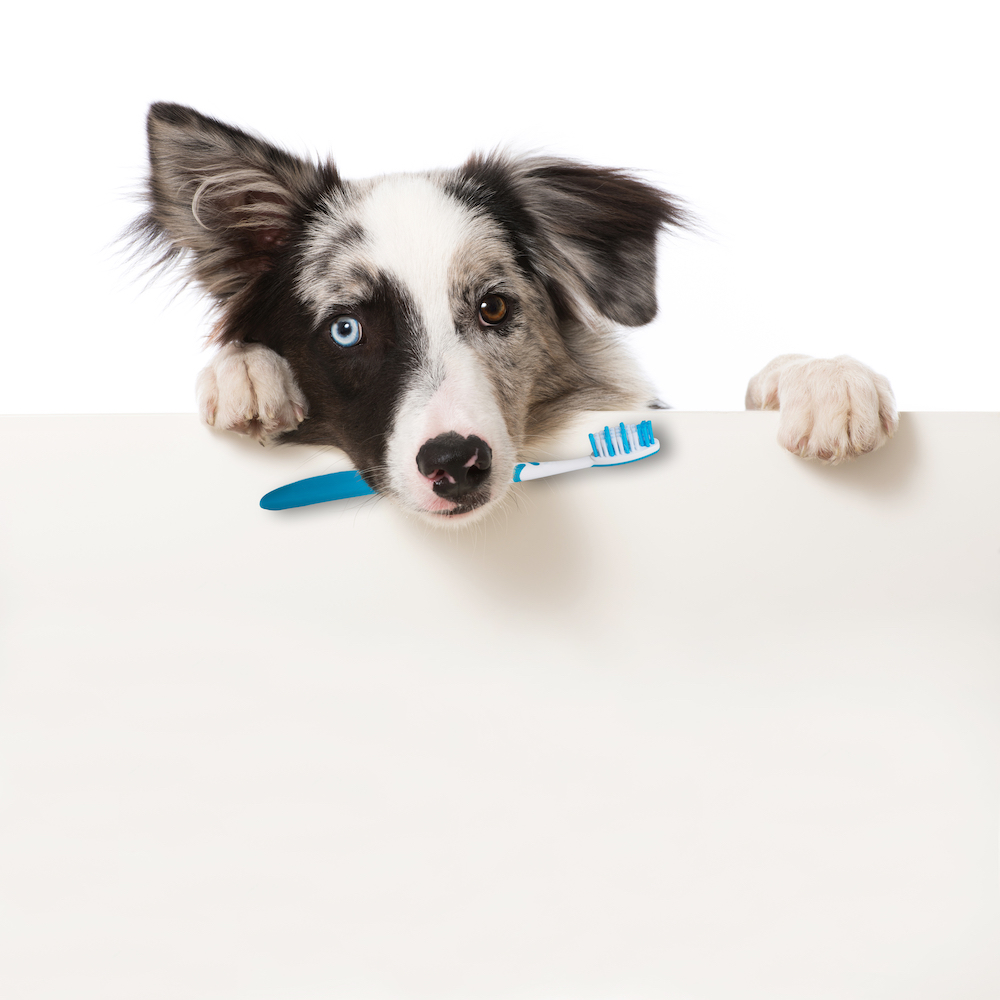According to the American Veterinary Medical Association (AVMA), dental disease is common among pets. If left untreated, oral diseases can affect the quality of your pet’s life. Neglecting your furry friend’s oral health can lead to chronic pain and a host of health issues.
Teeth and gum disease can also lead to various behavioral problems. February is Pet Dental Health Month, the ideal time to learn the importance of pet dental care.
Common Oral Health Problems
According to the AVMA, at least 80 percent of canines have some form of oral disease by age three. The figure is 70 percent for cats. Oral disease is the most common health condition affecting pets all over.
The diseases can lead to severe pain, infection, and organ damage. It is vital to learn more about your pet’s oral health. You need to know how to take care of your furry family member. As part of dental health month, take the time to schedule a veterinarian appointment for your pet.
Oral Health Maintenance
When you consider the consequences of neglecting your pet’s oral health, you realize the importance of regular care. Regular oral health checkups and maintenance will help protect your pet’s health and life. This is not something that should happen only in February.
Pet dental health maintenance is an all-year-round concern. Make sure you schedule regular dental health appointments for your pet.
Identify the Warning Signs
It is vital to look out for warning signs that may indicate that your pet has a dental problem. Knowing the signs will help you know that you need to take your pet to the vet. Signs to look out for include bad breath, swollen and red gums, and pain and bleeding.
If you notice brown or yellow crusts of tartar on the gumline, your pet needs vet care. Brushing your pets’ teeth will not only keep them clean but will also help in identifying warning signs.
Symptoms of Dental Disease
Unfortunately, animals do not talk, so it can take a while before you realize that your pet is suffering. Some symptoms can indicate that your pet has tooth or gum disease. The symptoms include excessive drooling, unwillingness to eat, and frequent pawing at the mouth. These symptoms can indicate that your pet is in pain. If you notice any symptoms, take your pet to the vet immediately.
Preventing Dental Disease
As with all health conditions, prevention is always better than cure. Do not wait until your pet is suffering to get dental care for them. Preventive oral care will help keep your pet healthy. Unfortunately, most pet owners fail to brush their pets’ teeth.
Brush your pet’s teeth and gums several times a week. Having a good pet toothbrush and specially formulated pet toothpaste is part of being a responsible pet parent.
As part of your pet’s dental health, make sure that you include a good diet in your plan. Just like with humans, pet diet affects oral health. Make sure you get professional dental cleaning for your pet.
For more on pet dental care, visit Mokena Animal Clinic at our office in Mokena, Illinois. You can call 708-479-2811 today to schedule an appointment.


